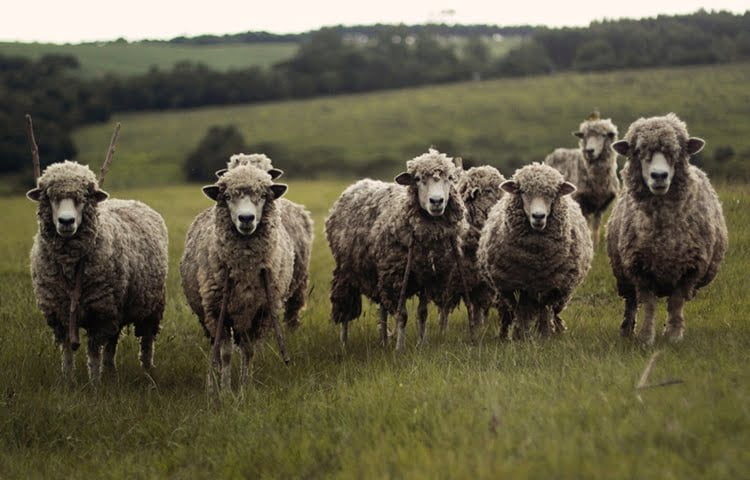
If you are an agricultural landlord or tenant you may be unsure of the rights and reservations of your agricultural tenancy, especially relating to the extent of a landlord’s right to access on to a tenant’s holding to carry out work prior to any proposed development. The recent High Court Judgment in The Earl of Plymouth v Rees [2019] has provided useful guidance in respect of the interpretation of the reservations and exceptions specifically with regard to right of access.
This case is significantly important for those landlords who are seeking recovery of land which has been earmarked for development but is subject to an agricultural tenancy.
The case considered the extent of a landlord’s right to enter a holding under two agricultural tenancy agreements protected under the Agricultural Holdings Act 1986. It considered whether or not a right to enter a holding “for all reasonable purposes” could be interpreted widely so that the sinking of boreholes and the preparation of land for future residential development could be exercised under this right.
The court held that a landlord’s right to enter a holding “for all reasonable purposes” had to be construed as restrictively as possible so as to preserve the tenant’s right to exclusive possession and quiet enjoyment of the holding. As such, the right of entry granted to the landlord under the two tenancy agreements allowed the landlord to enter the tenant’s farm for the purposes of inspecting and observing the farm and to leave behind wildlife monitoring devices such as bat boxes only.
Therefore, the practical effect of the Judgment is that a landlord’s right to enter a tenant’s holding under a broad right such as “for all reasonable purposes” does not allow a landlord to carry out pre-development activities such as the digging of excavations, the sinking of boreholes, the erection of structures or the pegging out of intended development sites. This is because such activities would involve significant interference with a tenant’s use of the holding meaning that such activities will fall outside the reservations granted to the landlord under an agricultural tenancy.
This case highlights the importance of understanding the exact nature of your rights reserved to you under your agricultural tenancy agreement. This is particularly pertinent if you are party to an agricultural tenancy under the Agricultural Holdings Act 1986 and the land has the potential for future development.
If you would like advice about preparing an agricultural tenancy or further advice on the practical effects of your current agreement, or are concerned specifically about your landlord’s right of access please contact our Agricultural Team here.